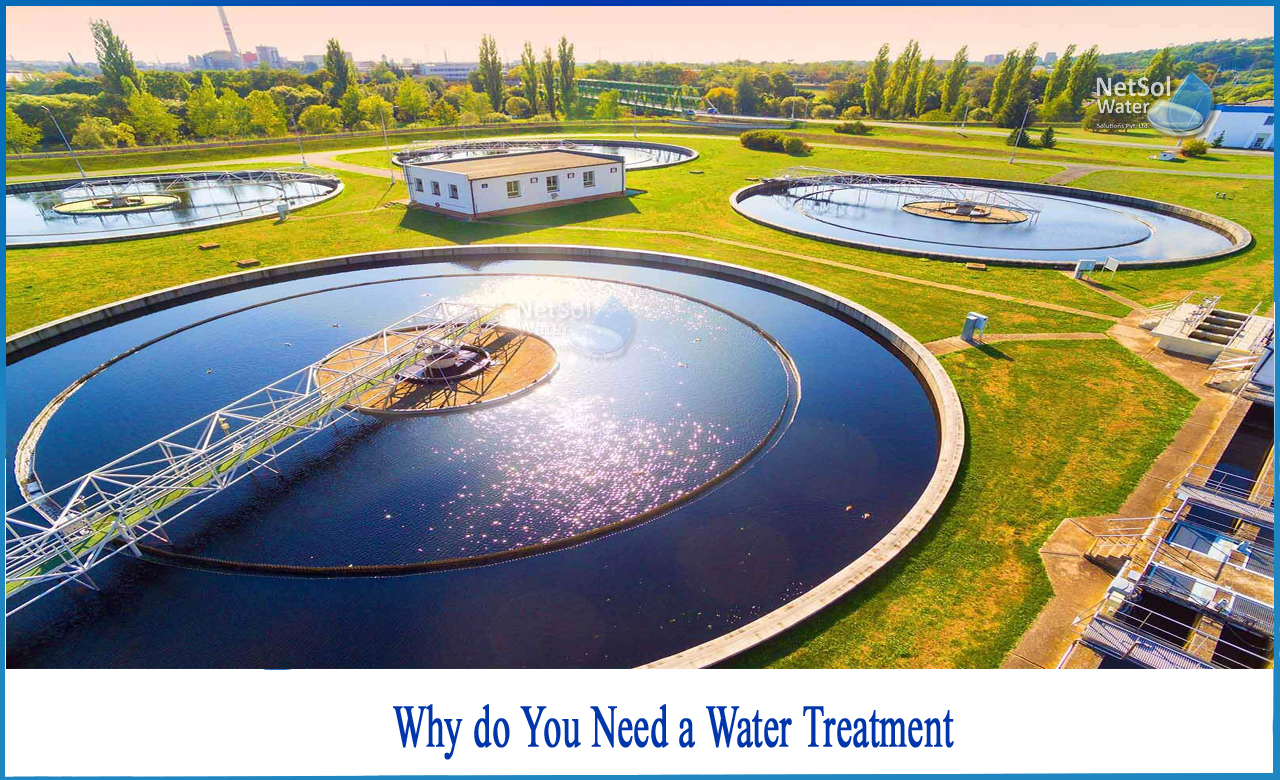Why do you need a water treatment?
Water treatment is a broad concept that refers to a variety of techniques and procedures used to treat water.
Water treatment is defined as "any method that improves the acceptability of water for a specified end-use." As a result, water treatment may be utilised for a wide range of applications, including drinking water, industrial water (used in the production of paper, chemicals, and automobiles), and ultra-pure water (used in semiconductor and pharmaceutical applications).
Water treatment plants are built to speed up the natural purification process. The natural process is overburdened by billions of humans and significantly more effluent. The volume of wastewater produced without wastewater treatment would create destruction, as it does today in underdeveloped nations. Over 80% of all wastewater is discharged without treatment across the world.
In the nations that do have water treatment facilities, they utilise a variety of technologies to purify water and return it to the environment, with the objective of keeping humans and the environment safe and prospering.
Humans and the environment are both protected by wastewater treatment
Humans and the environment are both poisoned by wastewater. Wastewater treatment facilities aid in the purification of water and the eradication of circumstances. Unsafe drinking water causes 1.7 million fatalities per year, with over 90% of those deaths occurring in underdeveloped nations. Several water-borne illnesses, such as cholera and schistosomiasis, are still common in many impoverished nations, where only a tiny percentage of home and urban wastewater is treated before being released into the environment.
Wastewater treatment also helps to safeguard the environment. Fresh water is required for fish and aquatic life. They are unable to live when their aquatic habitat is contaminated by effluent. Excessive levels of chemicals, such as nitrogen and phosphates, enter streams, rivers, and huge bodies of water, causing excessive plant growth and the release of poisons into the water. This results in oxygen depletion and the formation of dead zones, which are places where fish and other aquatic life are unable to survive.
The natural water purification system is overburdened
While Mother Nature tries her best to filter wastewater organically, she can only manage so much. As the world's population grows, so does the amount of wastewater production. Nature is unable to handle the huge volumes of effluent on its own. The volume of wastewater produced rises in lockstep with the population.
Release the cleansed water to the environment
Wastewater treatment plants imitate the natural process of cleansing water before returning it to the environment. Wastewater can be treated in a variety of ways.
Summary
The primary purpose of wastewater treatment plants is to protect individuals and the environment from the hazardous and poisonous components inherent in wastewater. Because the natural process of cleaning water is overburdened, water treatment facilities were created to speed it up. These facilities cleanse wastewater in a variety of methods before returning the purified water to the environment.
This is where the role of Netsol Water comes into play. We provide all the water and wastewater treatment products and facilities and even services after installation. Our main goal is to save as much as fresh water as we can.
Netsol Water is Greater Noida-based leading water & wastewater treatment plant manufacturer. We are industry's most demanding company based on client review and work quality. We are known as best commercial RO plant manufacturers, industrial RO plant manufacturer, sewage treatment plant manufacturer, Water Softener Plant Manufacturers and effluent treatment plant manufacturers. Apart from this 24x7 customer support is our USP. Call on +91-9650608473, or write us at enquiry@netsolwater.com for any support, inquiry or product-purchase related query.



